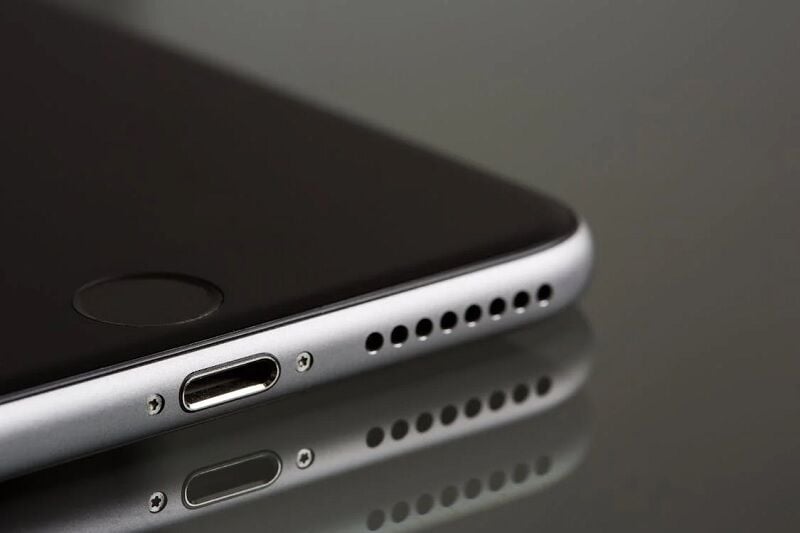NBTC board rejects new mobile tariff structure due to lack of study

The National Broadcasting and Telecommunications Commission (NBTC) board declined to approve a new tariff structure for mobile services, citing a lack of comprehensive study on the matter. The proposed tariff would have charged customers on a per-second basis, reflecting actual usage.
The board has voiced concerns over the potential for increased costs for consumers and has asked for a more thorough investigation into the proposal. Management has been granted an additional 30 days to complete further studies and finalise the draft.
According to an anonymous source within the NBTC board, the rejection of the tariff proposal will result in the continuation of the current mobile tariff structure. This structure favours two main types of packages, one being a flat-rate, unlimited usage package, and the other a per-second billing package based on actual usage.
These two packages account for approximately 50% of all promotional packages in the market.
The per-second billing format is in line with the conditions of the 4G license auction on the 1800- and 900-megahertz spectra in December 2015, which stipulates that all tariffs should be based on actual usage or charged on a per-second basis. This condition applies to all frequency bands and technologies, including 5G.
However, in 2017, the NBTC telecom committee decided to relax the auction conditions, allowing both True Move H Universal Communication (TUC) and Advanced Wireless Network (AWN) to offer a number of per-second billing tariffs. This resolution came after operators criticised the condition as impractical and limiting consumer choice.
Mobile tariffs
TUC and AWN claimed that the pay-per-second tariff would affect 80% of their existing customers who had signed up for unlimited voice and data usage due to their high volume of usage.
A lawsuit was filed against the committee’s resolution in the Central Administrative Court in 2017, with the court ordering the NBTC to strictly supervise the mobile tariffs of TUC and AWN in compliance with the 4G license auction’s conditions. The court also ordered the NBTC to consider methods of supervising mobile service tariffs operated by other operators.
An appeal against the court’s order was filed by the current NBTC board with the Supreme Administrative Court in 2022, which is yet to be resolved.
Dr Prawit Leesathapronwongsa expressed his belief that telecom operators are insincere in their provision of real per-second tariffs, as this would benefit consumers. He argued that mobile operators prefer flat-rate packages as they ensure a consistent amount of revenue per month.
“Mobile operators should not promote flat-rate packages by setting a higher rate for per-second tariffs.”
He also noted that the Central Administrative Court’s order in 2022 does not only pertain to mobile calls but also Internet usage, meaning that mobile broadband tariffs would need to be calculated on a per-kilobyte basis rather than a per-megabyte basis, reported Bangkok Post.
Latest Thailand News
Follow The Thaiger on Google News:


























